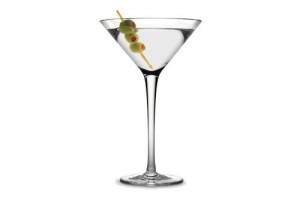Over at Science of Us, Julia Reinstein at tries to explain why we crave junk food after imbibing:
Plenty of sober people crave junk food, of course, but booze ratchets up these cravings by messing with your blood-sugar levels. When your liver is all tied up processing excessive alcohol levels, it can interfere with normal blood-sugar production, resulting in a dip in your blood-sugar level (kind of ironic, considering how sugar-packed your cranberry-vodka is) that causes you to crave foods that will bring it back up. Doing so with an apple rather than buffalo wings is challenging under the best of circumstances, but when your inhibitions are lowered, you’re even more likely to choose whatever’s quick and satisfying in that moment.
Researchers at Northwestern University demonstrated this in one particularly deliciousexperiment. They left two groups of subjects, one drunk and one sober, with unlimited ice cream and told them they could eat as much as they wanted. The drunk group ate a lot more of the ice cream, and this held true even when the subjects ingested the alcohol unknowingly (quite an experiment …), suggesting it wasn’t simply about social or cultural norms pertaining to alcohol and food. Rather, the researchers argued, alcohol simply makes people more relaxed, and when people are relaxed, they’re more likely to indulge. The blood-sugar thing and the lowered-inhibitions thing, then, are a potent one-two punch straight to the face of healthy eating.

